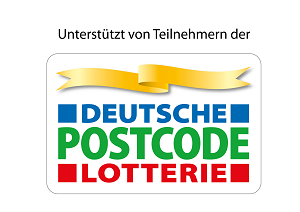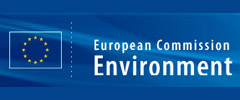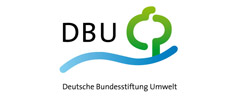The Governor of Issyk Kul Oblast Welcomed the “Home Comforts” Project
Towards affordable rural infrastructure and new business opportunities in the Issyk-Kul villages, Kyrgyzstan.
11.01.2012 |Claudia Wendland
Read the article in the Times of Central Asia.
The EuropeAid funded project “Home comforts” demonstrates solutions how to find affordable and sustainable ways towards improved living conditions in rural areas of Kyrgyzstan. “It is so important to bridge the divide between rural and urban areas in Kyrgyzstan“, says Anara Choitonbaeva, chairman of the Kyrgyz Alliance for Water and Sanitation (KAWS), “thus applying adapted and sustainable technologies for rural areas.” She coordinates the activities taking place in nine villages in the Issyk-Kul oblast. “Especially women and girls are suffering from insufficient infrastructure in the villages”, adds Aijamal Bakashova, gender expert of ALGA, who prepared the baseline study about the situation in the villages.

Anara Choitonbaeva, Project Coordinator from KAWS
The selected adapted technologies cover three aspects essential for an improved living standard: comfortable heating, warm water and safe sanitation in the house. Energy efficient stoves, solar collectors for warm water and ECOSAN toilets have been installed in each of the nine villages for demonstration. They are located in public places, mostly in the Community Drinking Water Users Unions (CDWUU) so that the villagers can see and touch the new technologies, e.g. in the village Chyrak, the energy efficient stoves were installed in the post office and in Toguz Balak in the village ambulatory. “The energy efficient stove is an advanced stove technology which saves fuel, heats more space and protects the indoor air quality better than a traditional stove”, argues Ruslan Isaev, expert of Camp Ala-Too. 18 stove masters were trained by Camp Ala-Too in October this year and more than 20 stoves have been constructed up to now by the new stove masters.

Ecosan toilet in the demonstration center in Munduz village
The ECOSAN toilet is an innovative technology which does not need water for flushing neither smells nor attracts flies. “We appreciate that the ECOSAN toilet can be implemented inside the house or attached to the house,” says Imash Azarbaev, chairman of CDWUU in Chyrak and elected president of the CDWUU’s network of Jeti-Oguz rayon. The CDWUUs will support the construction, operation and maintenance of the ECOSAN sanitation facilities in the villages. The toilet seats and the doors are produced in the installed resource centre.

Energy efficient stove in the demonstration center in Munduz village
The solar collector built from local material makes use of the suns energy, provides warm water for the houses and will complement the home infrastructure. Bakyt Choitonbaev, chairman of Territorial Self-governance Public Union “Bokonbae-Manjyly” of the village Bokonbaev underlines, “the energy efficient stove, the solar collector and the ECOSAN toilet are the infrastructure needed for a guest house to set up tourist business activities.”

A boy benefiting from warm water from solar collectors
“After successful installation of demonstration objects, the key challenge for sustainably implementing and up-scaling the environmental infrastructure technologies are the lacking financing options for the villagers”, explains Claudia Wendland, the overall project coordinator at WECF, Women in Europe for a Common Future, “there are many micro finance opportunities in Kyrgyzstan available, however they offer commonly high interest rates which are unaffordable for many villagers. Thus social financial mechanisms for this type of infrastructure up-scaling in rural areas are needed. The project foresees a social housing microcredit scheme being made available for the villagers.” The governor of Issyk-Kul oblast, Mirbek Asanakunov, welcomed a delegation from the village and the project coordinators on 14 December 2011 : “these activities are very important for the Issyk-Kul oblast and will be integrated into the strategy development plan”. He promised to visit the project villages soon and to support all project activities.
To read more about the project, please visit Kyrgyzstan: Creating local capacity for improved rural living standards via sustainable energy and sanitation.
Learn more about WECF activities in the fields of Water & Sanitation and Energy & Climate.
Related News
Meet the Winners of the Gender Just Climate Solutions Award at COP24
On the 70th anniversary of the Universal Declaration of Human Rights, we awarded Gender Just Climate Solutions Winners at the climate negotiations in Katowice, Poland
11.12.2018
Invitation: Gender Just Climate Solutions Award 2018
10 December, COP24 Katowice
04.12.2018
Getting to the Future We Want
4-7 November, Brussels: European Environmental Bureau’s (EEB) Annual Conference
12.11.2018
GoodFood4All
WECF and partners all over Europe start GoodFood4All Campaign
06.11.2018
#Ruralwomen: join our Women2030 campaign!
15.10.2018






































